MAY 26 & 27 2021
VIRTUALLY
Prevention through Design Workshop 2021
Keynote Speakers:
Anette Balestrand
Assistant Project Manager
Erland Construction
Brian Bennett
Project Management Advisor
ExxonMobil Global Projects
Chris Trahan Cain, CIH
Executive Director
CPWR – The Center for Construction Research and Training
Qian Chu
Sr. Project Manager
TuSimple
Deborah E. Dickerson, Ph.D. CIH CSP
Associate Professor
Virginia Polytechnic Institute and State University
Helen Lingard, Ph.D.
Distinguished Professor
RMIT University
Payam Pirzadeh, Ph.D.
Research Fellow
RMIT University
Jason Timmerman, CSP
Vice President of Environmental and Workplace Safety
Allegheny County Airport Authority and Pittsburgh International Airport
Chris Golden, CSP, PMP
Project Manager
Skanska USA Civil
Kate McGee, CSP
Director of Health and Safety
Pennoni Associates Inc.
Introduction to the Workshop by TJ Lyons
Prevention through Design as we move into the post-COVID Era
The COVID-19 pandemic has impacted the world, specifically the response to the disease by industries such as construction. COVID-19 has changed the way industries approach protecting workers’ safety and PtD holds the promise to reduce workers’ exposure to health hazards. The second virtual, interactive PtD workshop, on May 26 and 27, 2021, focused on what we have learned in the past year that can be translated to the future improvement of PtD moving into the post-COVID era. Lessons learned from online collaboration, regulatory guidance, modularization, artificial intelligence, work site ventilation, future building design and prevention through design processes were explored providing a baseline for improvement. The 2021 workshop created an excellent opportunity for architects, engineers, contractors, construction companies, project owners, insurers, and academia to exchange and leverage their experiences and expertise on PtD practices by meeting professionals worldwide.


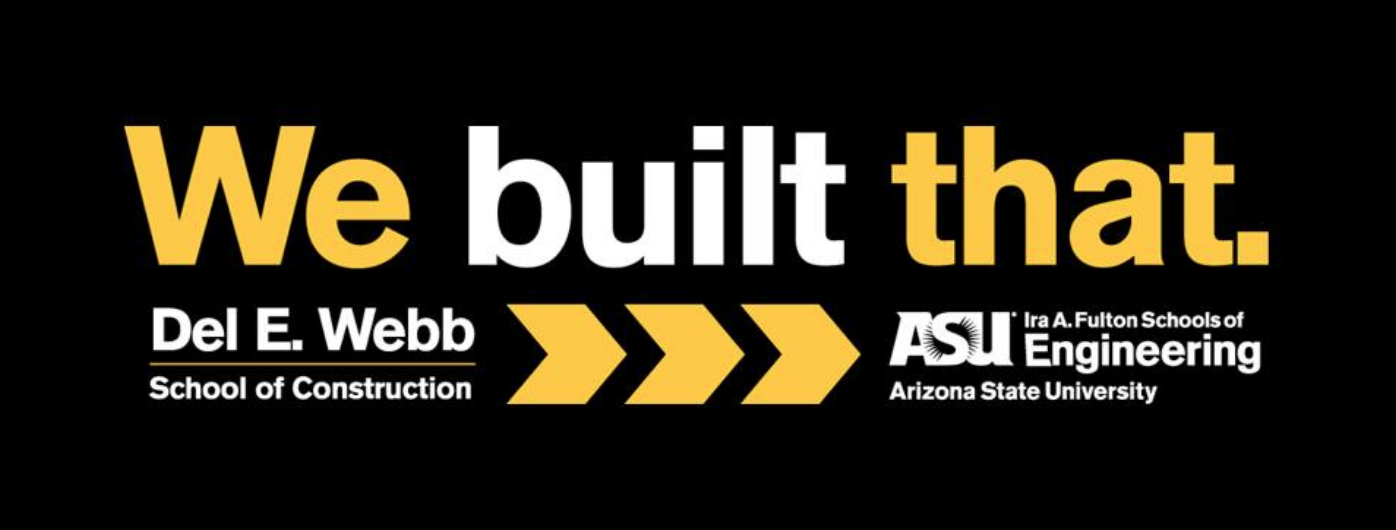
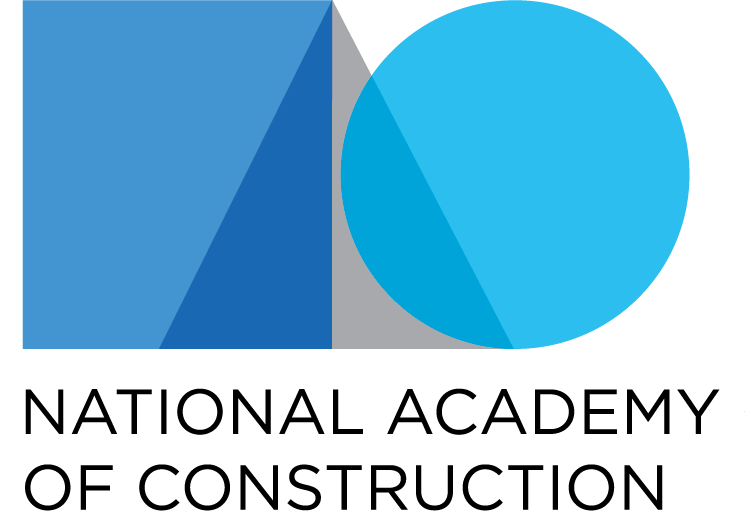
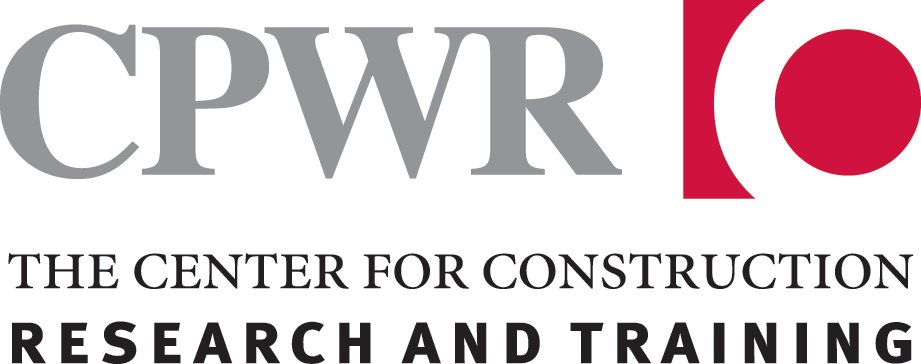
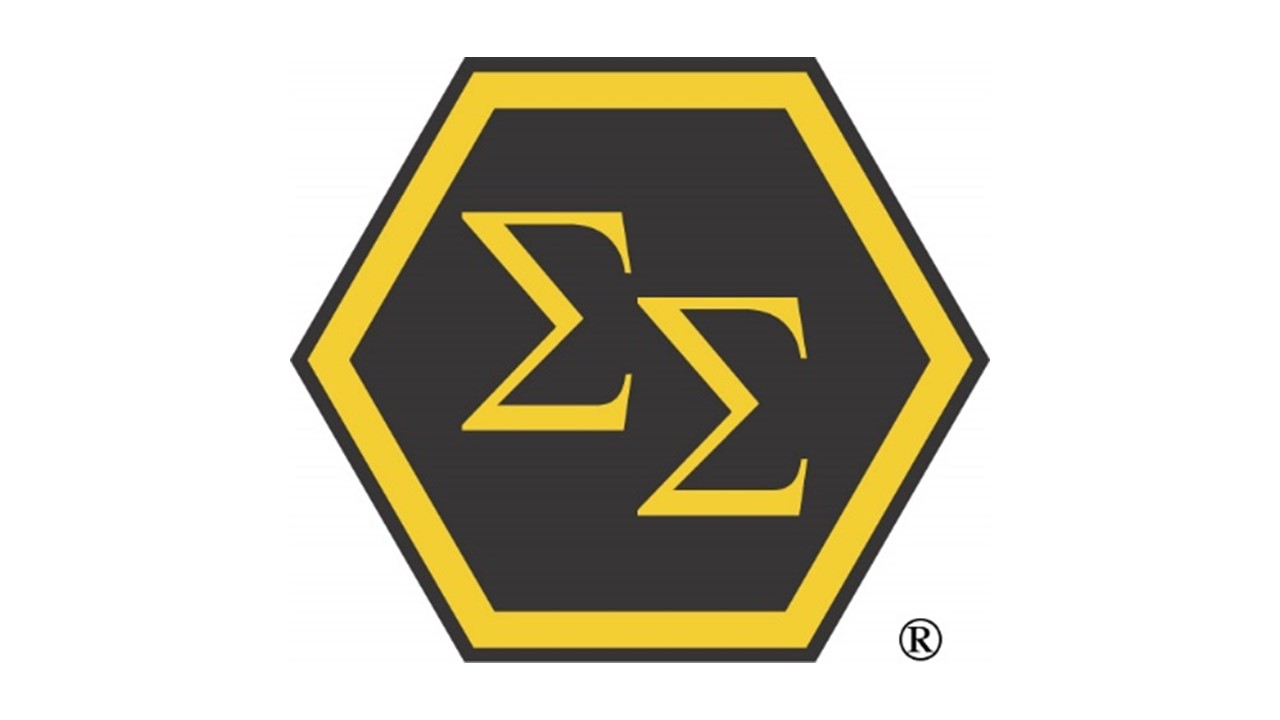
NIOSH-award #1 R13OH011707-01-00
Agenda
| May 26 | |
| 8:00-8:15 | Welcome and Introduction |
| Dr. David Grau and Dr. Edd Gibson (Arizona State University) | |
| 8:15-8:45 | Prevention Through Design – The Australian Construction Industry Experience |
| Dr. Helen Lingard and Dr. Payam Pirzadeh (RMIT University) | |
| 8:45-9:00 | Q&A (Moderator: Dr. David Grau) |
| 9:00-9:15 | Networking Break |
| 9:15-9:35 | Lessons Learned during COVID for Airport Design – A Case Study |
| Jason Timmerman (Allegheny County Airport Authority and Pittsburgh International Airport) | |
| 9:35-9:40 | PtD Considerations for Managing Design on Large Projects |
| Chris Golden (Skanska USA Civil) | |
| 9:40-9:45 | Potential Applications of Safety by Design in Civil Engineering |
| Kate McGee (Pennoni Associates Inc.) | |
| 9:45-10:20 | Panel (Moderator: Dr. John Gambatese; Panelists: Jason Timmerman; Chris Golden; Kate McGee) |
| 10:20-10:35 | Networking Break |
| 10:35-11:00 | Achieving New Heights in Safety during the COVID Era |
| Anette Balestrand (Erland Construction) | |
| 11:00-11:45 | Panel (Moderator: Mark Grushka; Panelists: Anette Balestrand; Jeff Hyman; Peter Hanson, Keith Switzer; Duanne Shanks; Carmine Cimetti) |
| 11:45-11:55 | Summary and wrapup (Dr. David Grau and Dr. Edd Gibson) |
| 11:55-12:05 | Networking Break |
| 12:05-13:00 | Virtual Speaker Rooms with moderators |
| May 27 | |
| 8:00-8:15 | Welcome and Introduction |
| Dr. David Grau and Dr. Edd Gibson (Arizona State University) | |
| 8:15-8:45 | Autonomous Trucks: The Pursuit of Safer, More Efficient Logistics with Artificial Intelligence and Machine Learning |
| Qian Chu (TuSimple) | |
| 8:45-9:00 | Q&A (Moderator: Dr. Edd Gibson) |
| 9:00-9:15 | Networking Break |
| 9:15-9:40 | Modularization in Safety |
| Brian Bennett (ExxonMobil) | |
| 9:40-10:25 | Panel (Moderator: Mike Flowers; Panelists: Brian Bennett, Jack Toellner, Mike Walker, Chet Zabik and Jim Steele) |
| 10:25-10:40 | Networking Break |
| 10:40-11:00 | CPWR COVID-19 Resources and Reducing Risk Through Ventilation |
| Chris Trahan Cain (CPWR) | |
| 11:00-11:20 | Prevention through Design Solutions for Occupational Health Risks |
| Dr. Deborah Dickerson (Virginia Tech) | |
| 11:20-11:45 | Q&A (Moderator: Dr. Babak Memarian; Speakers: Chris Trahan Cain and Dr. Deborah Dickerson) |
| 11:45-11:55 | Day 2 Summary and wrapup (Dr. David Grau and Dr. Edd Gibson) |
| 11:55-12:10 | Networking Break |
| 12:10-13:00 | Virtual Speaker Rooms with moderators |
Keynote Presentations

Dr. Helen Lingard, Ph.D.
Distinguished Professor
RMIT University
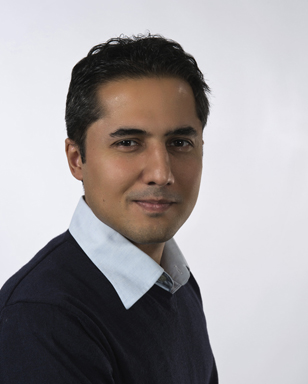
Dr. Payam Pirzadeh, Ph.D., MIEAust
Research Fellow, School of Property, Construction and Project Management
RMIT University
Prevention Through Design – The Australian Construction Industry Experience
Prevention through Design forms a key component of Australian policy and legislation. The Australian Work Health and Safety Strategy 2012-22 (the Strategy) establishes the elimination/minimisation of hazards by design as a priority action area and identifies construction as an industry warranting particular attention. The Strategy frames PtD broadly, referencing the design of structures, plant, substances, work, work processes and systems of work as falling within the scope of this priority action area. The principal occupational health and safety (OHS) Act in each Australian State and Territory also establishes requirements for PtD. Notwithstanding the established and widely accepted importance of PtD in the Australian construction industry, practical challenges to its effective implementation remain. Design work, particularly in construction, is heterogeneous and ascribing decision-making responsibility to the occupant of an abstract socio-technical role, i.e. ‘the designer’ is problematic. In practice, design decision-making is socially and technically complex, involves multiple stakeholders whose interests may not always be aligned and decisions that reflect trade-offs between different interests and priorities. The optimisation of OHS in this context can be challenging. Drawing on findings from over 10 years of research into PtD in the Australian construction industry, the presenters use case studies to illustrate some of the structural and cultural challenges experienced and provide examples of successful PtD implementation. In particular, the importance of communication, collaboration and end user participation in decision-making are highlighted as critical success factors for PtD in the construction industry.
Short Bio Dr. Helen Lingard
Short Bio Dr. Payam Pirzadeh

Jason Timmerman, CSP
Vice President of Environmental and Workplace Safety
Allegheny County Airport Authority and Pittsburgh International Airport
Lessons Learned during COVID for Airport Design – A Case Study
Making public health a top priority during the COVID19 Pandemic, the Pittsburgh Airport implemented cutting-edge construction Prevention through Design (PtD) concepts to design the 1.3 billion dollar Allegheny County Airport Authority Terminal Modernization Project for the post pandemic world. Lessons learned were captured and will be shared on how, in the middle of the pandemic, architects, designers, owners and contractors worked together to use PtD concepts / activities to “Design Out” risks and hazards across all stages of a project’s lifecycle, and keep workers safe from jobsite hazards.
Short Bio
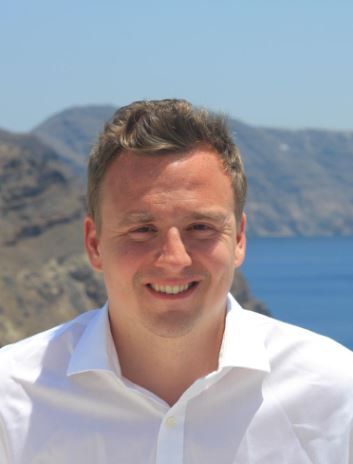
Chris Golden, CSP, PMP
Project Manager
Skanska USA Civil
PtD Considerations for Managing Design on Large Projects
Short Bio
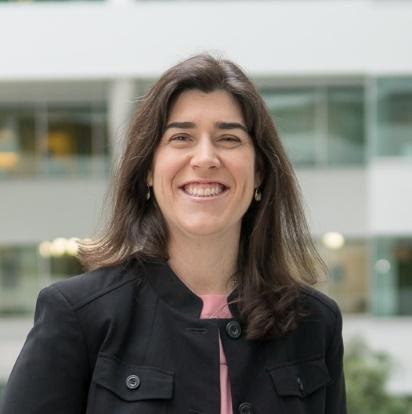
Kate McGee, CSP
Director of Health and Safety
Pennoni Associates Inc.
Potential Applications of Safety by Design in Civil Engineering
This presentation will discuss the role of health and safety professionals during Prevention through Design. Specifically, the opportunities and challenges of health and safety experts to introduce and guide a safety prevention aspect in the engineering design process will be detailed. Lessons learned captured during COVID will be shared.
Short Bio
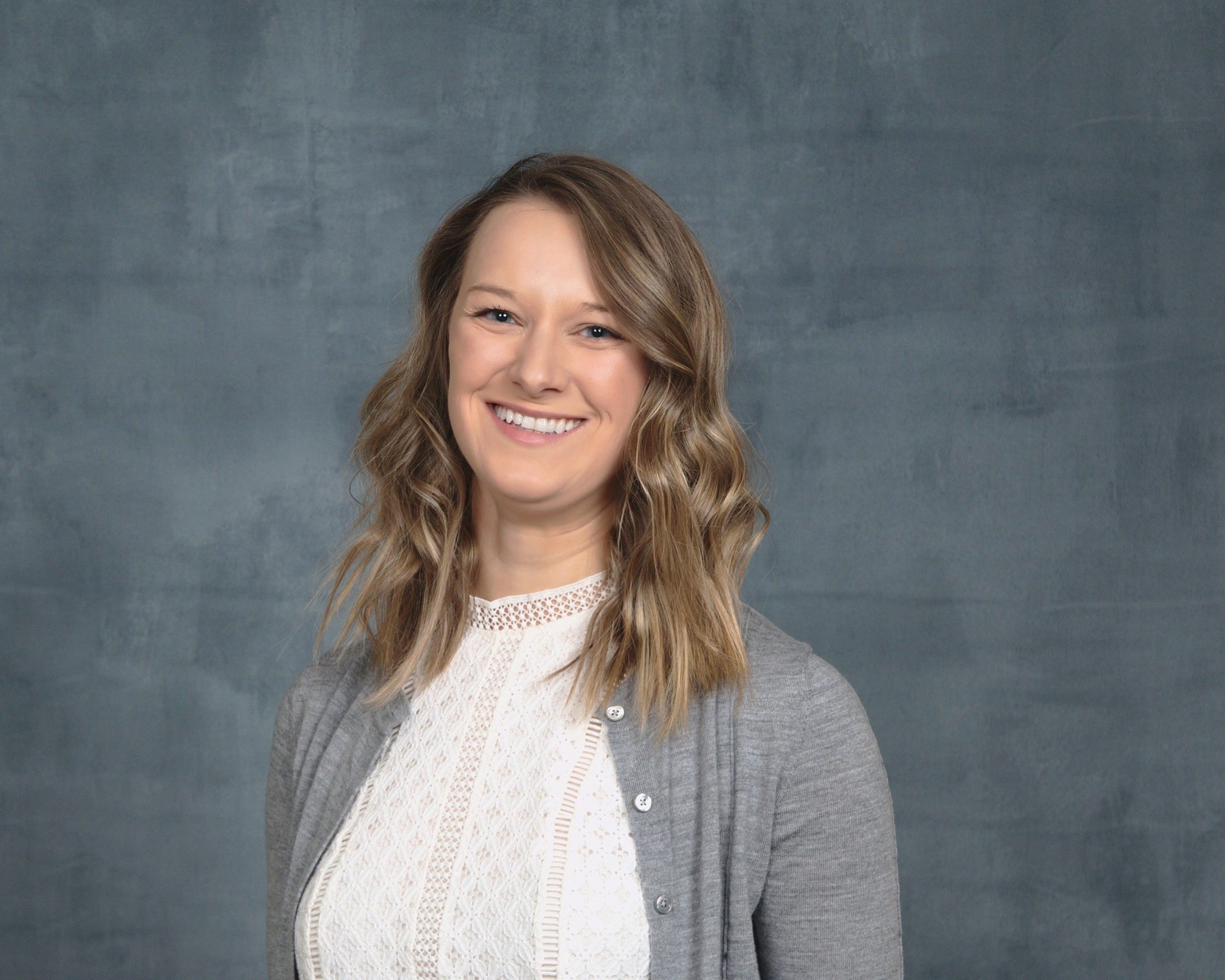
Anette Balestrand, M.Arch
Assistant Project Manager
Erland Construction
Achieving New Heights in Safety during the COVID Era
The keynote presentation emphasizes the relationship between building design and the potential for occupational injuries, illnesses, and fatalities, and discusses how a collaborative Prevention through Design process was attained during the pandemic. “Designing out” hazards and risks is one of the most effective ways to protect the subcontractors who build the building, the end-users who work in the building, and the operations team who maintain the building. “Designing out” these hazards, for example increasing the height of the parapets to provide fall protection for future roof maintenance, protects the owner from risk for the life of the structure. This presentation will introduce the EMD Serono New Heights Project as a case study on how this was achieved and what made it successful while adapting to a changing climate for collaboration during the COVID era. The presenter will be sharing many examples of incident prevention by design intervention identified and implemented by the team in this collaborative process. The presentation will be followed by a panel consisting of representatives from the owner, design teams, subcontractor, and an industry safety professional who were all involved in the process and contributed to the successful implementation of PtD in construction.
Short Bio

Qian Chu
Algorithm Project Manager Lead
TuSimple
The Pursuit of Safer, More Efficient Logistics with Artificial Intelligence and Machine Learning
In this presentation, Qian will provide an overview of TuSimple’s operations and autonomous systems development for heavy duty trucks used in long haul freight distribution. She will outline autonomous technologies used for Level 4 (L4) driver-less, heavy-duty truck operations to ensure safe autonomous virtual operations deployment. She will discuss the challenges of autonomous heavy truck operations and demonstrate operational scenarios for L4 operations. She will then discuss the use of sensor networks, data fusion, machine learning and artificial intelligence applied to Prevention through Design (PtD) for roadway operations. Finally, Qian will discuss future developments at TuSimple.
Short Bio
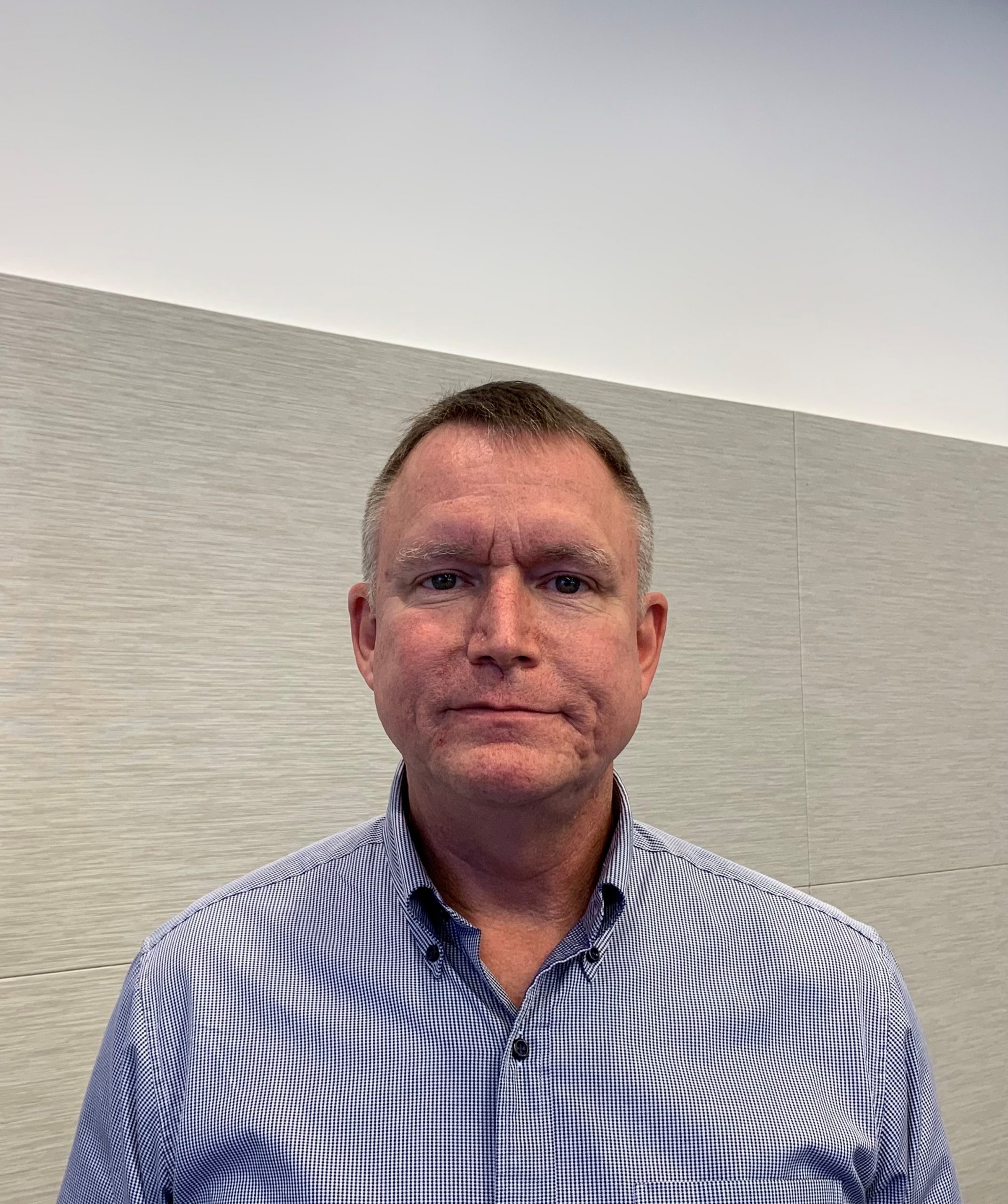
Brian Bennett
Project Management Advisor
ExxonMobil Global Projects
Modularization in Safety
The keynote presentation emphasizes the potential for reduction of safety risk during construction operations through modular design. A brief overview of pre-assembly and modularization application to heavy industrial projects will precede a case study of large-scale modularization and associated logistics. Key activities that can be potentially shifted from the ultimate construction site to a purpose-built fabrication yard will be discussed, along with the potential benefits from a safety perspective. Potential for overall efficiency and the safety-related benefits of completing the project with less overall work hours will be highlighted with practices and examples.
Short Bio
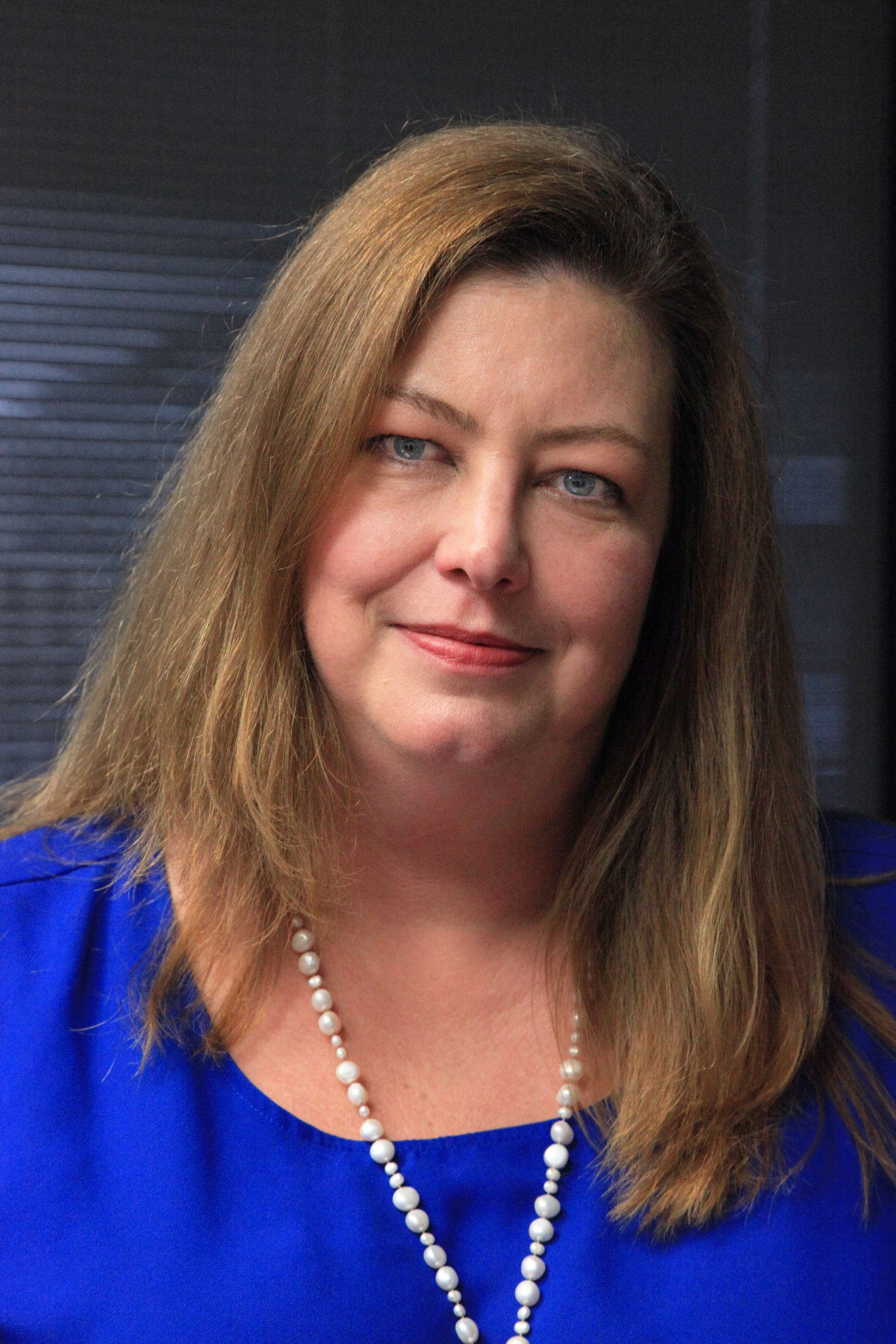
Chris Trahan Cain, CIH
Executive Director
CPWR – The Center for Construction Research and Training
CPWR COVID-19 Resources and Reducing Risk Through Ventilation
Resources and information CPWR’s efforts to help the construction industry protect workers against COVID-19 will be shared with the audience. Also, practices towards ventilating spaces without operational HVAC systems that were implemented and advanced during COVID-19 in order to protect the worker health and mitigate the spread of the virus will be discussed. Examples of ventilating solutions will be illustrated and detailed.
Short Bio
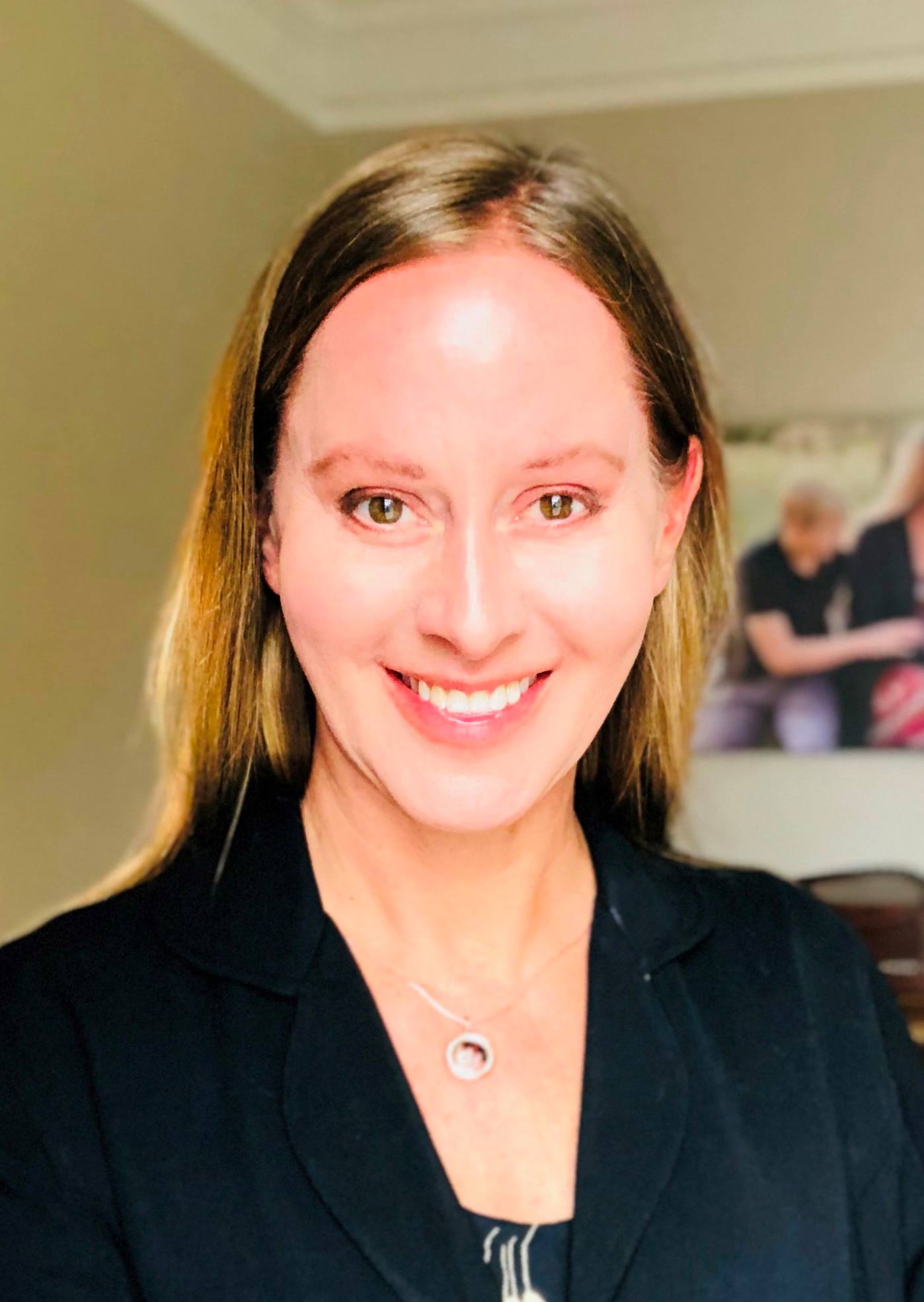
Dr. Deborah E. Dickerson, Ph.D., CIH, CSP, CHMM
Associate Professor
Virginia Tech Industrial and Systems Engineering
Prevention through Design Solutions for Occupational Health Risks
The optimal method of preventing occupational illnesses, injuries, and fatalities is to design out the hazards and risks, thereby eliminating the need to control them during work operations. In 2007, the National Institute for Occupational Safety and Health launched a national Prevention through Design (PtD) initiative calling on all major industrial sectors to emphasize hazard mitigation at the design stage. PtD applies to the design of all tools, equipment, materials, and work processes that are employed during the construction process. This keynote presentation introduces the findings of a study to improve the use of PtD solutions for the control of occupational health hazards in several construction trades: asphalt roofing, concrete, masonry, and welding. PtD solutions such as tanker systems, insulated hot luggers, mechanical asphalt spreaders, fume-suppressing asphalt, and local exhaust ventilation systems are discussed in terms of effectiveness and availability. An intervention strategy to improve industry adoption and use is described and preliminary results of an experiment to test the effectiveness of the intervention are presented.
Short Bio
Moderators

Michael Flowers, PE, LMASCE
National Academy of Construction, Retired President and CEO, American Bridge Company
Short Bio

Dr. John Gambatese, Ph.D., PE
Professor
School of Civil and Construction Engineering, Oregon State University
Short Bio
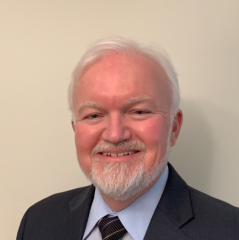
Dr. George Edward Gibson, Jr., Ph.D., PE, NAC, Dist.M.ASCE
Professor and Sunstate Chair of Construction Management and Engineering
School of Sustainable Engineering and the Built Environment (SSEBE), Arizona State University
Short Bio
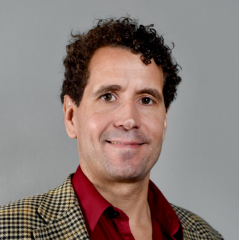
Dr. David Grau, Ph.D., PE
Associate Professor
School of Sustainable Engineering and the Built Environment (SSEBE), Arizona State University
Short Bio
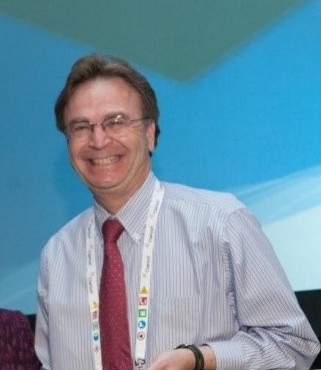
Mark J. Grushka, M.S., CSP
Principal Consultant and Owner
MJGrushka Consulting
Short Bio
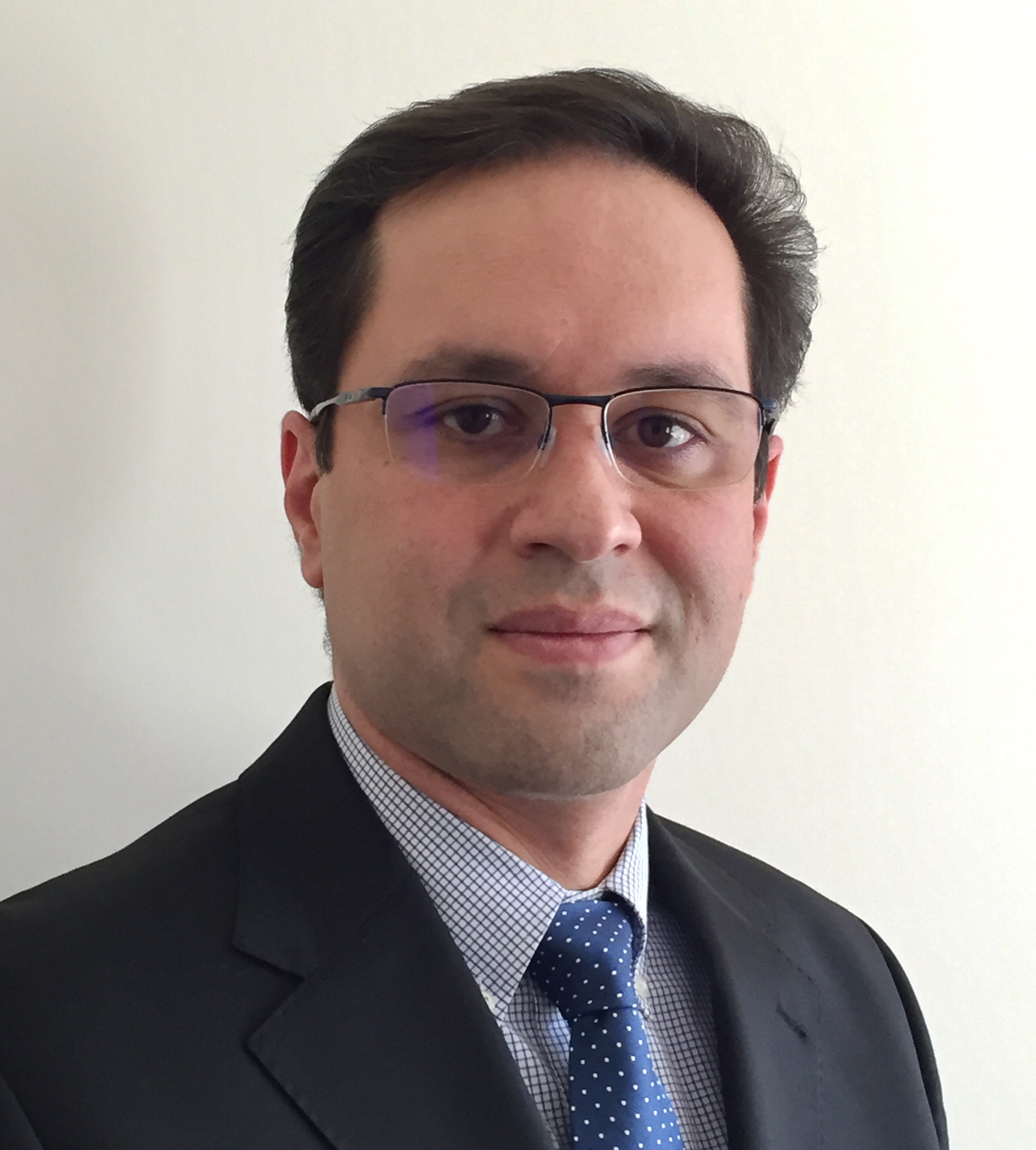
Dr. Babak Memarian, Ph.D., CSP, CHST
Director, Exposure Control Technologies Research
CPWR – The Center for Construction Research & Training
Short Bio
Panelists

Carmine Cimetti, CSP, CRIS
Vice President – Construction Risk Solutions
HUB International, New England
Short Bio
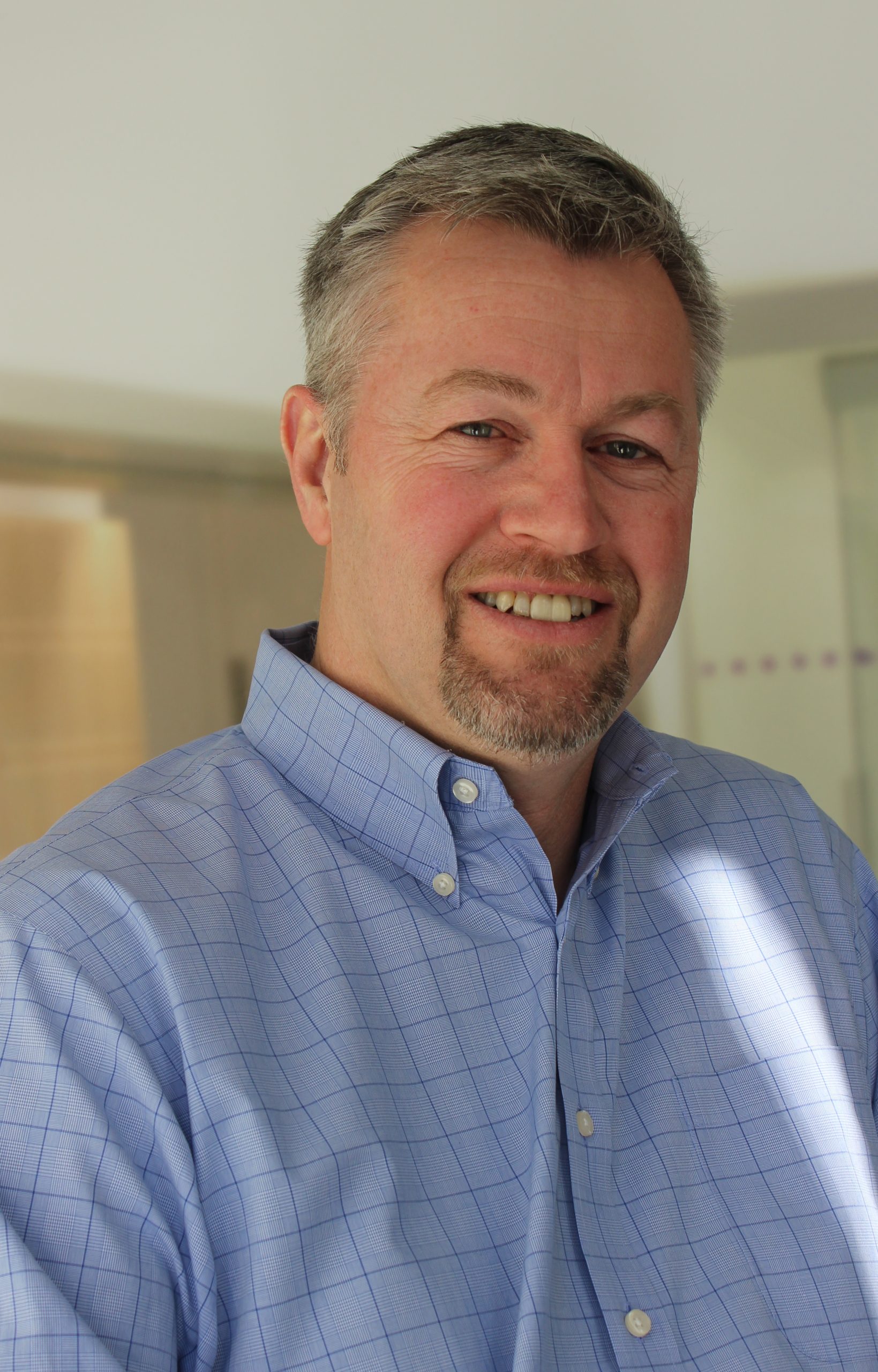
Peter Hanson
Architecture and Associate Director
PM Group
Short Bio
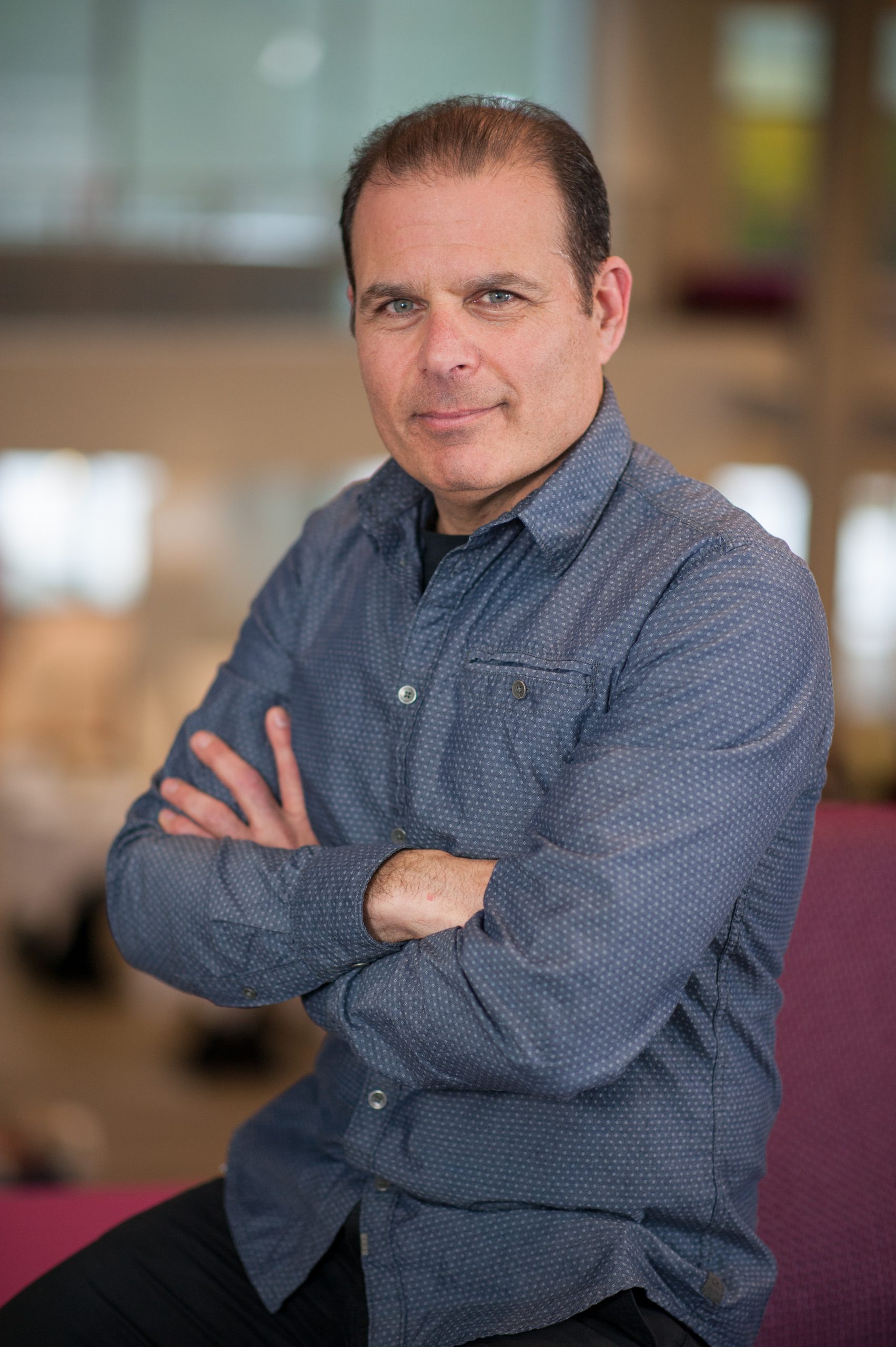
Jeff Hyman
Owner
EMD Serono
Short Bio

Duanne Shanks, CSC, NCSO
Safety Manager NB/PEI Devision
OSCO Construction Group
Short Bio
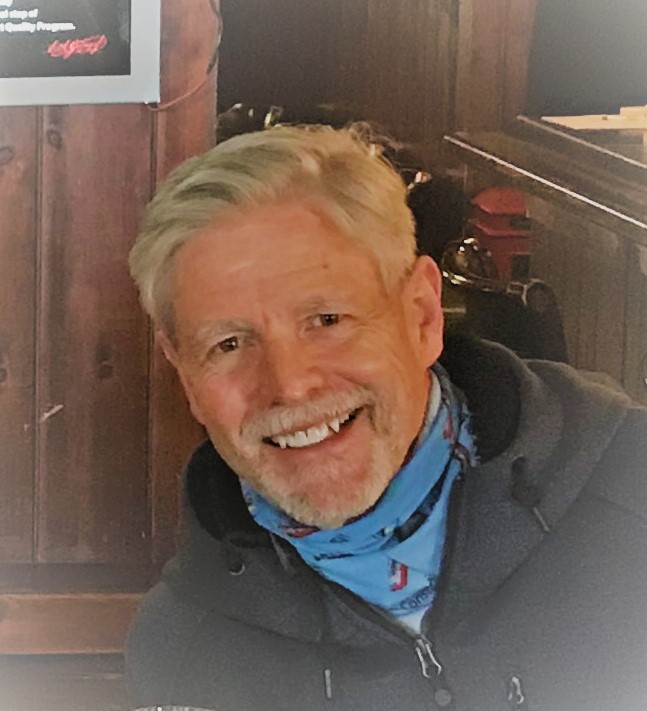
Jim Steele
Construction Advisor
ExxonMobil Global Projects
Short Bio
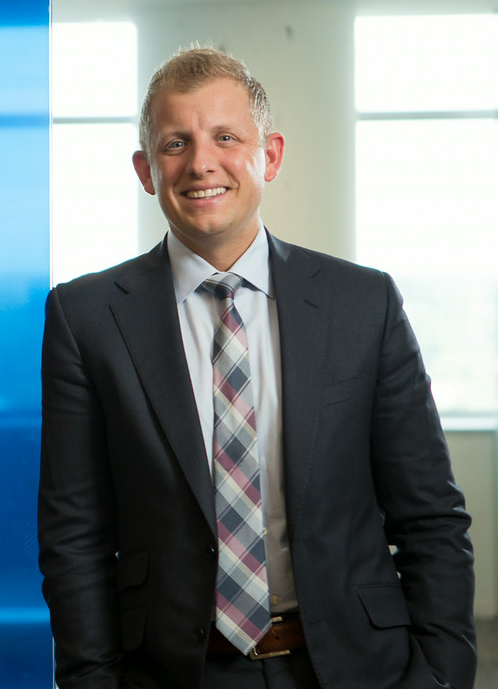
Keith Switzer
President/CEO
INTEC Group
Short Bio
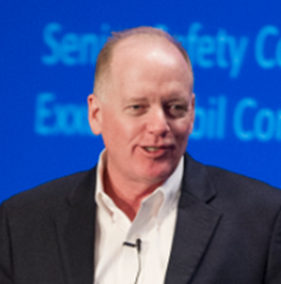
Jack Toellner, PE, CSP, MPH
Professional Engineer
Toellner Consulting LLC
Short Bio
Jack Toellner is a professional engineer at Toellner Consulting LLC. He is a recognized expert in safety management planning/execution and public speaking. He has worked in 30+ countries with 100+ clients, including multiple government agencies. Jack is a Graduate of Texas A&M University with a degree in Civil Engineering. He also holds a graduate degree from Tulane University in Occupational and Safety Management. He has diversified experience in construction, engineering, SH&E, and management; and is a retired executive with ExxonMobil with 38+ years of service. He is Registered Professional Engineer (P.E.) with the State of Texas and Certified Safety Professional (CSP). He was the recipient of the American Society of Safety Engineers Charles V. Culbertson Outstanding Volunteer Service Award.
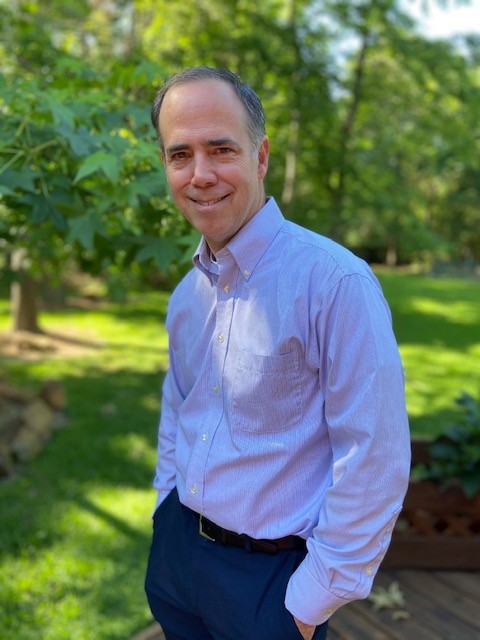
Michael J. Walker
Principal Construction Engineer
ExxonMobil Global Projects
Short Bio
Michael J. Walker, Principal Construction Engineer, provides construction advisement and support for the ExxonMobil Global Projects Company. With 27 years of oil and gas experience, Mike has performed project management, engineering management, and construction management in upstream production (onshore and offshore) and downstream refining. Mike graduated in 1994 from the Georgia Institute of Technology with a Bachelor’s Degree in Mechanical Engineering.
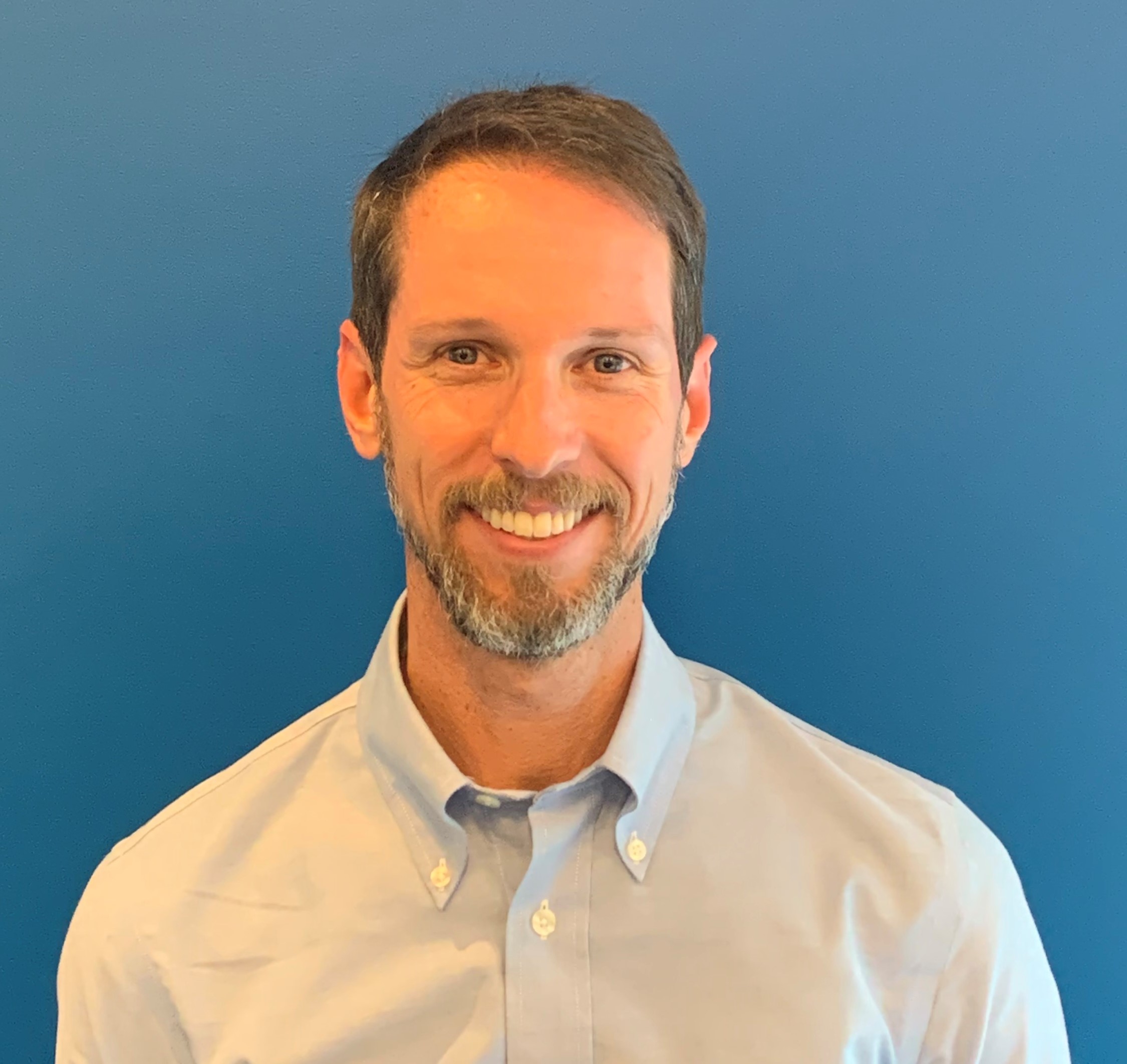
Chet Zabik
Module Center of Excellence Lead
ExxonMobil Global Projects
Short Bio
Chet Zabik is the Module Center of Excellence Lead within the ExxonMobil Global Projects Company. Chet has 16 years of experience in oil & gas construction for primarily international onshore and offshore projects in the execution phase. His current role is targeted at early strategy development for projects to evaluate stick-built construction vs. the degree of modularization, as well as fabrication strategies. Prior to joining ExxonMobil, Chet worked along the U.S. Gulf Coast in the industrial construction market with a focus on project management of civil repair and strengthening projects. He received his Bachelor of Science and Master’s degrees in Civil Engineering from the University of Florida.
